What if your dog’s whining, chewing, or clinginess isn’t disobedience, but a deep-rooted response wired into their breed’s instincts?
According to the American Kennel Club (AKC) and the Merck Veterinary Manual, anxiety in dogs commonly stems from fear, separation, and aging. Triggers like loud noises, unfamiliar people, car rides, or even surfaces like hardwood floors can overwhelm certain breeds more than others.
While some dogs quickly recover, those prone to canine anxiety may respond with excessive barking, hiding, or shaking. Separation anxiety, impacting nearly 14% of dogs, leads to distress when left alone, often causing destructive behaviors. For senior dogs, age-related anxiety is often tied to cognitive decline, resulting in confusion and restlessness.
Because certain dog breeds are biologically more sensitive, especially those bred for companionship or herding, it’s crucial to understand how anxiety shows up and how to manage it. In this article, we’ll explore 9 dog breeds prone to anxiety and how to support their emotional health.
Dog Breeds Prone to Anxiety
These nine breeds are especially vulnerable to anxiety-related behaviors and need thoughtful care, training, and companionship to thrive, starting with the ones most closely tied to humans by instinct or purpose.
1. Border Collie
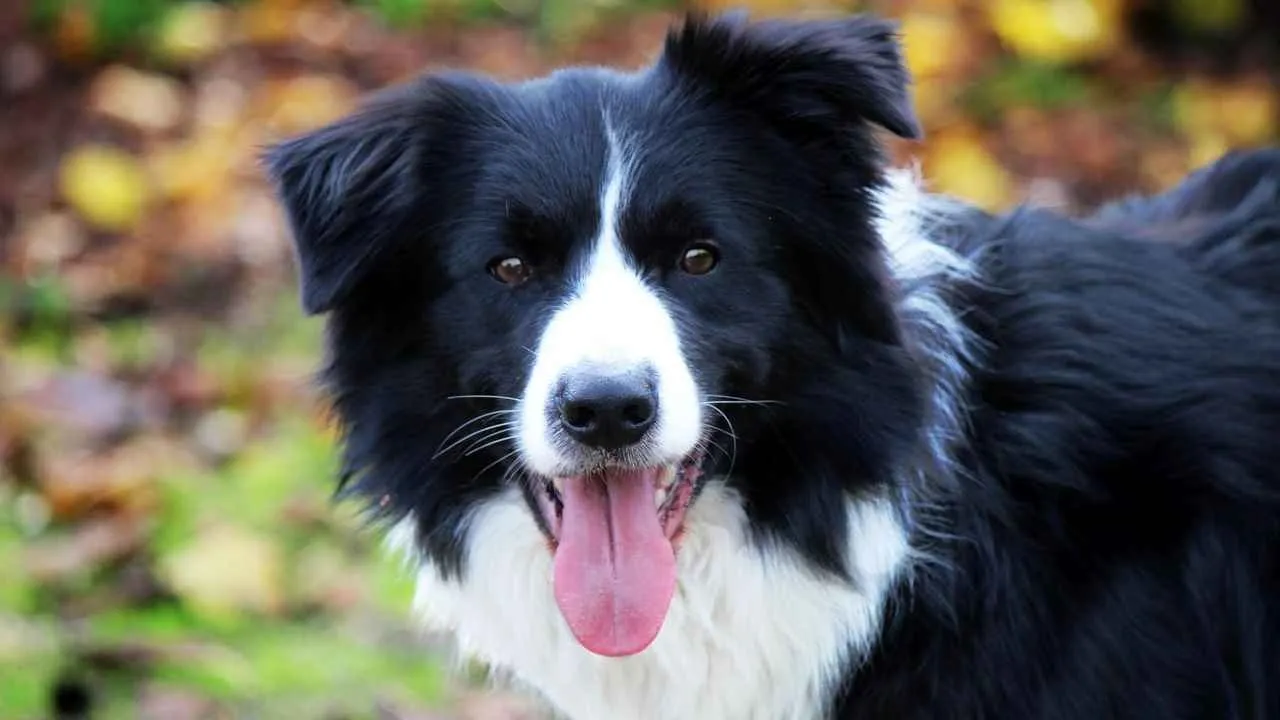
Border Collies are the smartest dogs bred to herd livestock with precision. Their intense focus and energy make them loyal but highly sensitive. If not given enough mental stimulation and physical exercise, they can develop anxiety, especially when left alone.
Their sharp awareness means they easily respond to anxiety triggers like noise sensitivity or disruption to routine.
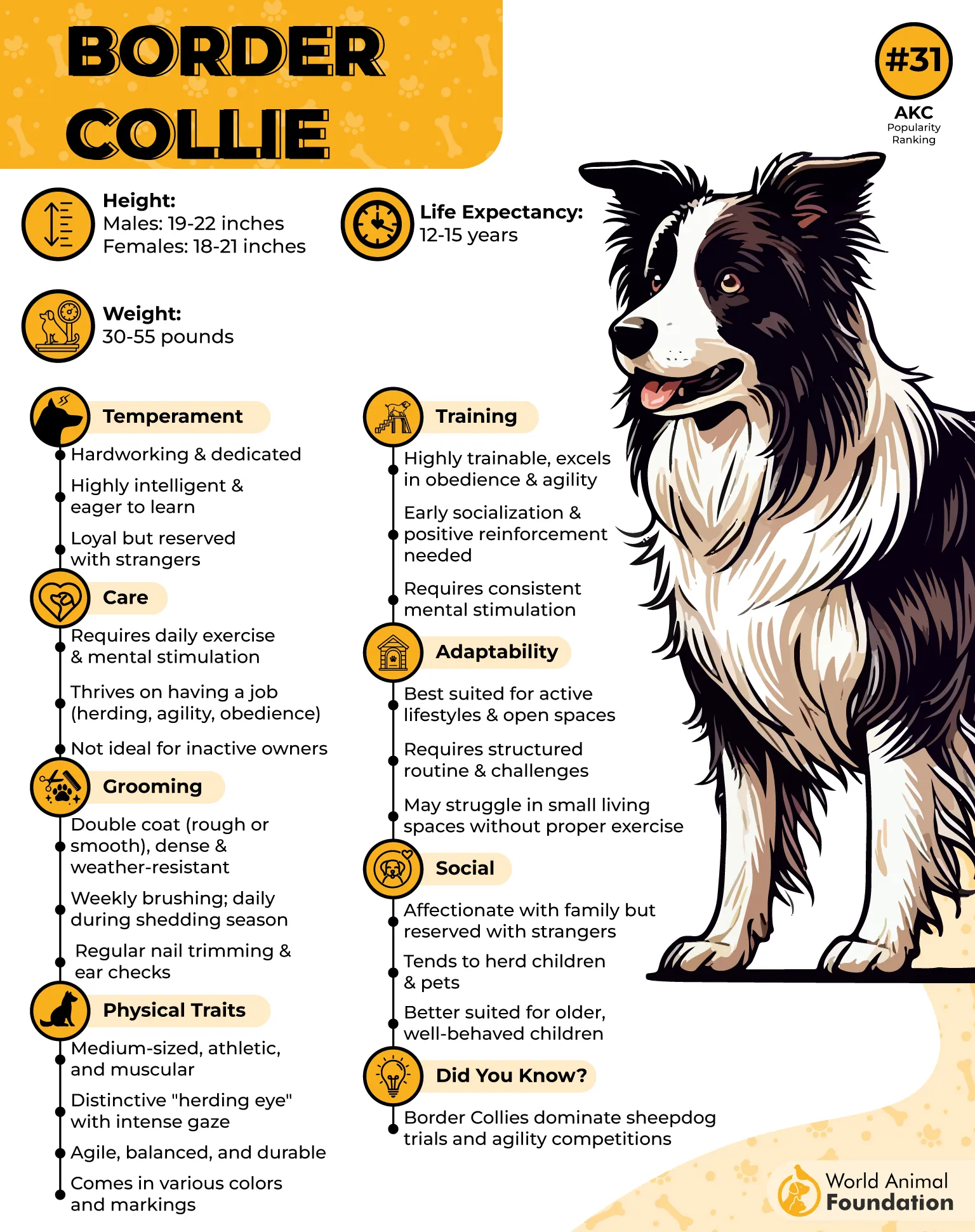
Overthinking in Smart Breeds
Border Collies are one of the most anxious dog breeds due to their acute sensitivity. They need constant purpose and interaction, or they may exhibit behaviors like pacing, chewing, or whining.
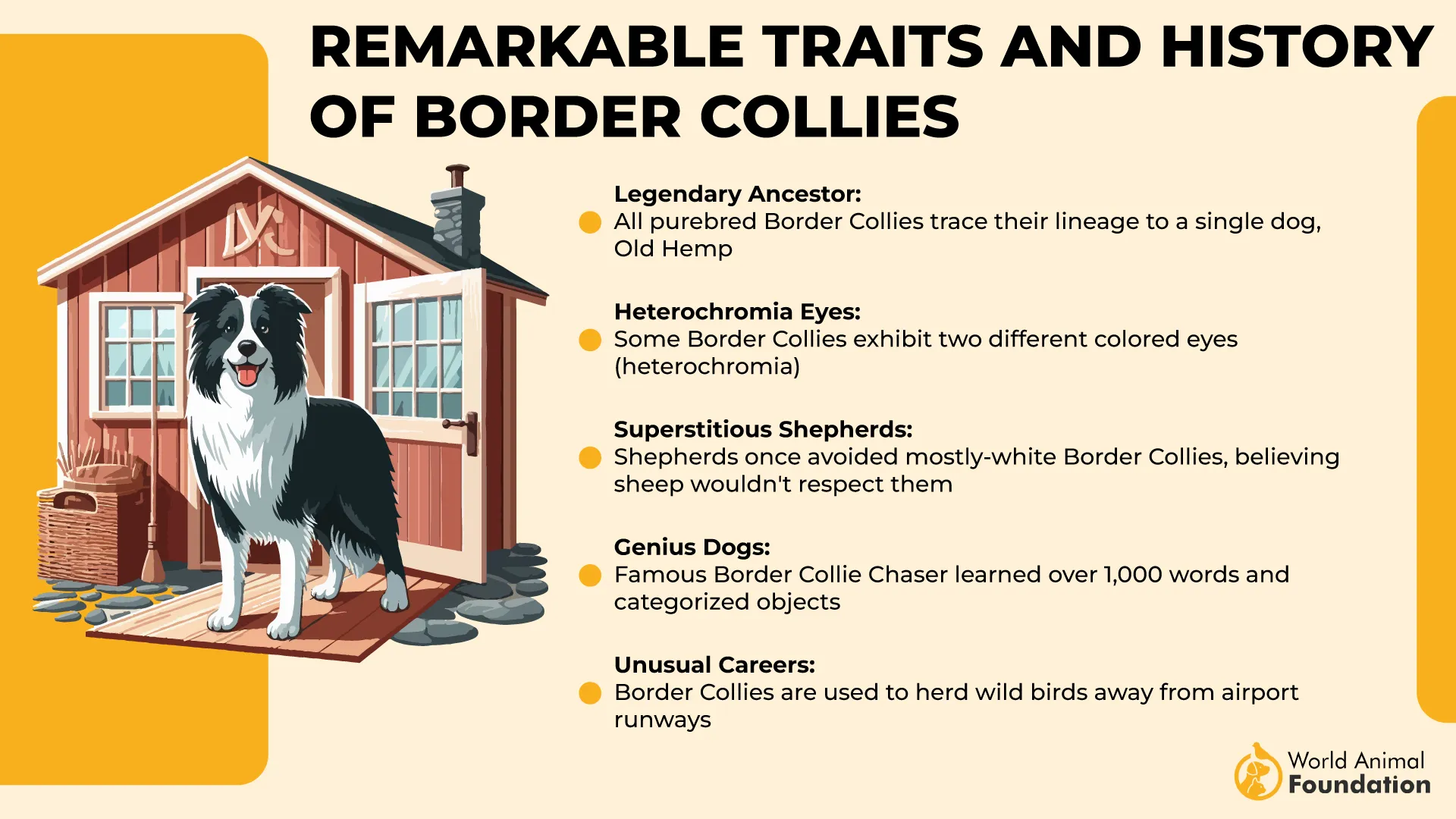
These working dogs form deep bonds with their human family, so loneliness can exacerbate anxiety. Early behavior diagnoses and structured play can help prevent anxiety from becoming chronic.
2. German Shepherd
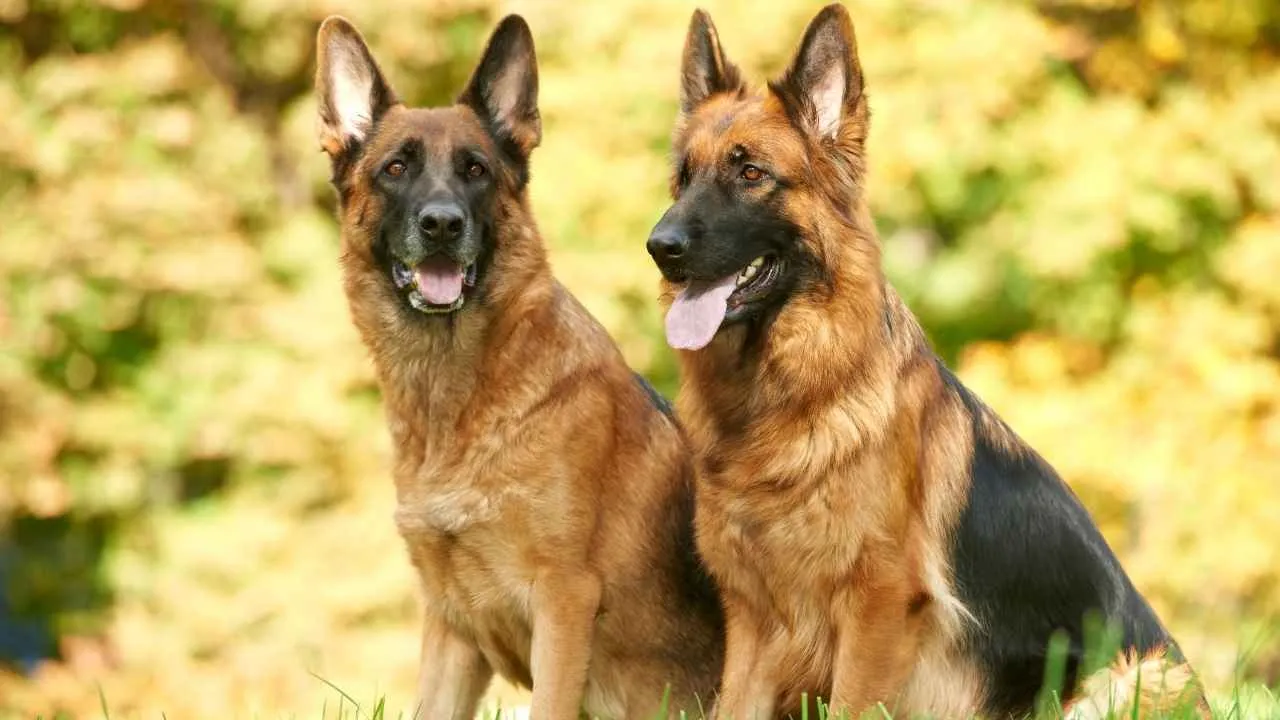
German Shepherds are often used as service dogs due to their loyalty and trainability. However, they are among the dog breeds prone to anxiety, especially if not properly socialized at a young age.
This breed can suffer from severe separation anxiety, which often manifests as destructive behavior or excessive barking.

The Loyal Protector’s Downside
Their instinct to guard can lead to fear-based anxiety when they perceive threats in new environments. Without enough mental and physical stimulation, German Shepherds may exhibit destructive behaviors or show signs of canine aggression.
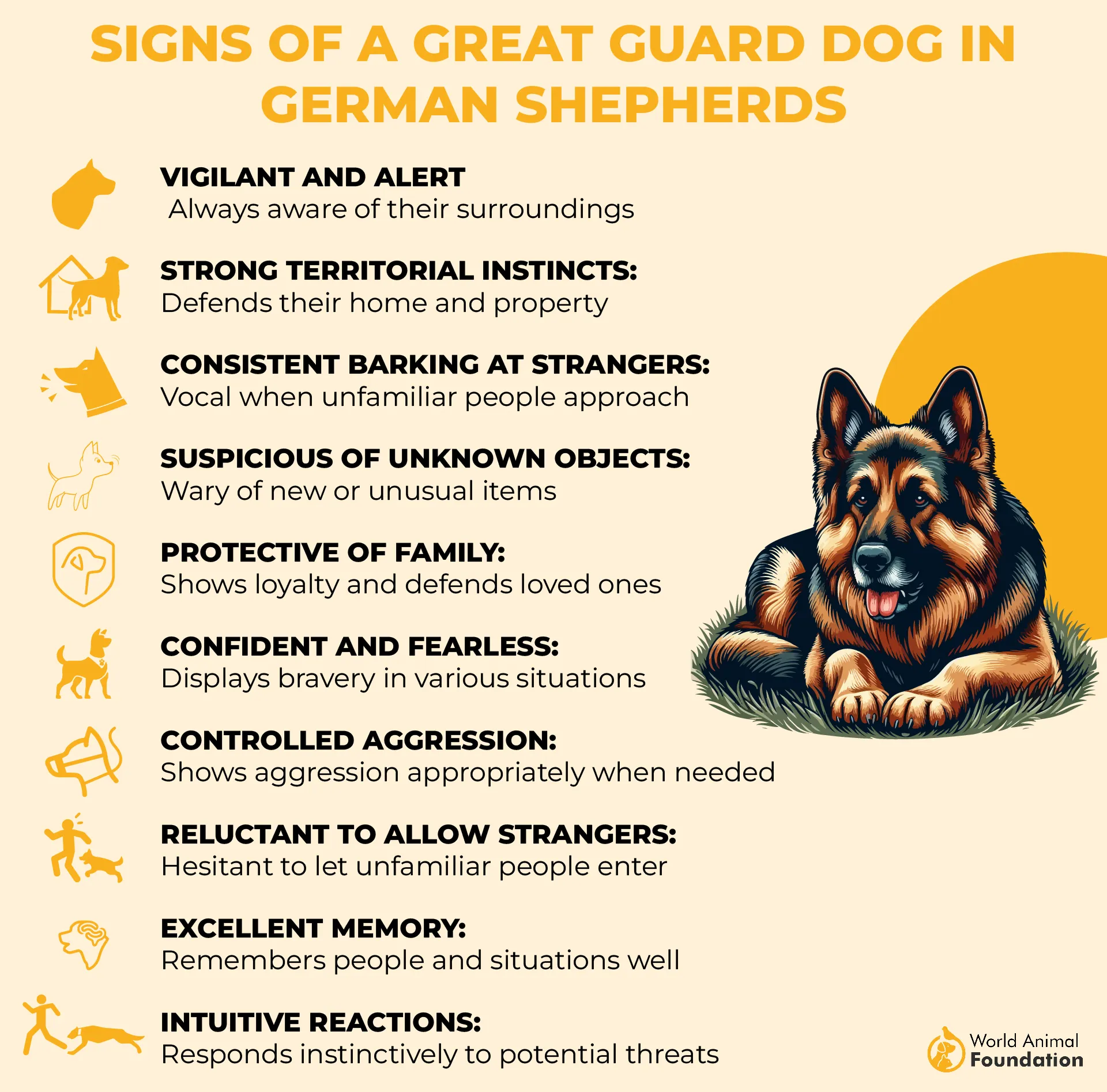
Structured training, calming routines, and human interaction are essential to support their emotional health.
3. Labrador Retriever

The Labrador Retriever may be America’s favorite dog, but behind their cheerful exterior lies a breed deeply attached to its human companions.
Labs are social dogs that crave connection and can develop anxiety when isolated or under-stimulated. Their emotional reliance often leads to stress when separated from family members for long periods.
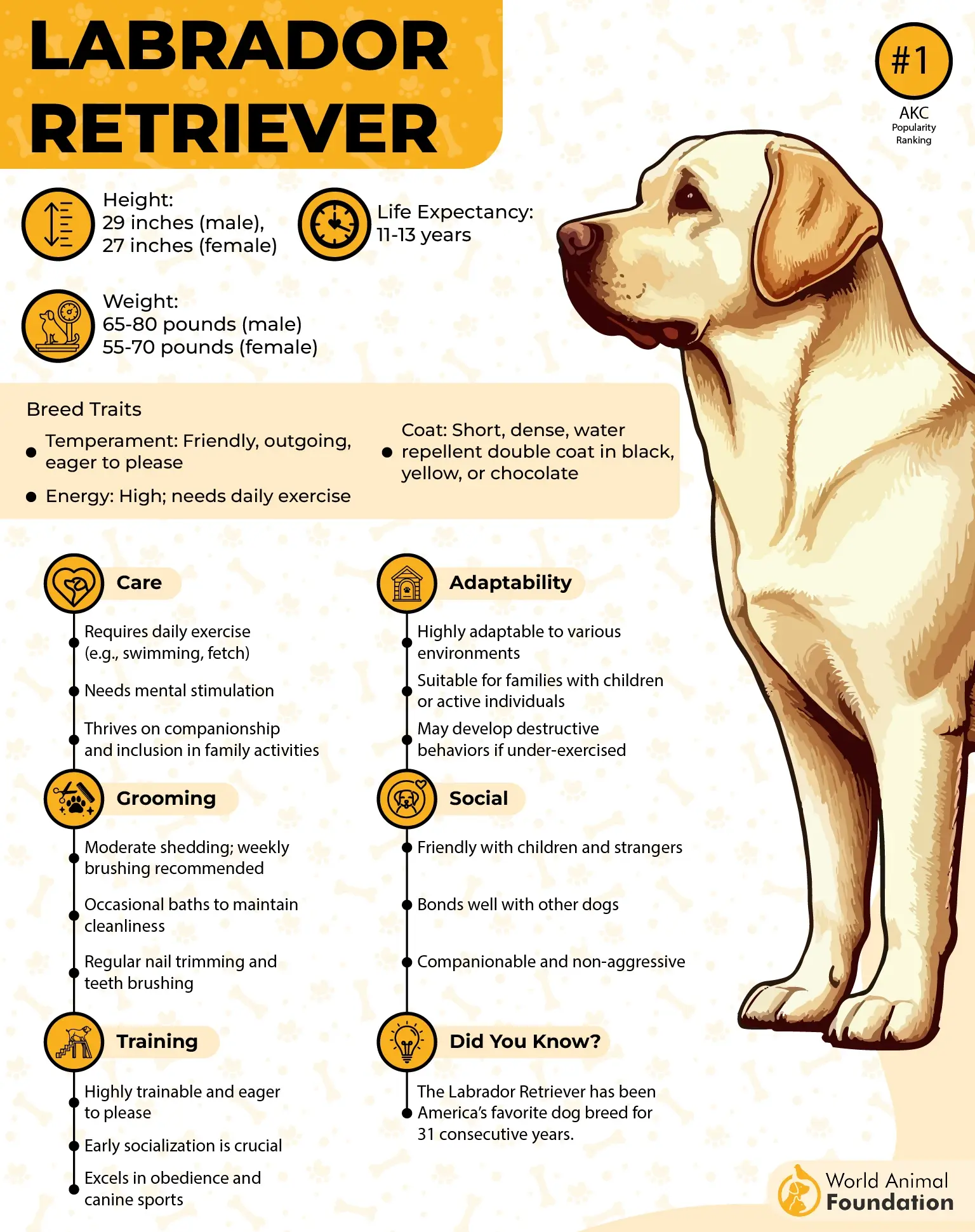
When Energy Isn’t Properly Channeled
According to WebMD, Labs that don’t receive enough physical stimulation tend to become hyperactive or destructive. This makes them particularly vulnerable to separation anxiety and destructive chewing.
These companion dogs thrive when both their minds and bodies are engaged daily. Structured play, puzzle toys, and time with loved ones are essential to help prevent anxiety-driven behaviors.
4. Australian Shepherd
Bred as herding dogs, Australian Shepherds are brilliant and bustling with energy. However, their sharp instincts and emotional awareness make them one of the more high anxiety dog breeds. They’re especially prone to separation anxiety and need regular engagement to feel secure.
Herding Instincts and Emotional Intensity
Like Border Collies, Australian Shepherds require structured mental and physical stimulation to stay emotionally stable.
If under-stimulated, they may exhibit behaviors such as barking, circling, or anxious pacing. These active dogs also require a stable environment and frequent human interaction to curb signs of distress.
5. Jack Russell Terrier
Don’t be fooled by their size! Jack Russell Terriers are bursting with energy and emotional complexity. This terrier breed is highly intelligent, independent, and can be prone to canine anxiety when their minds and bodies aren’t kept busy.
Small Dog, Big Emotions
When left alone or under-stimulated, Jack Russell Terriers can exhibit destructive behaviors or loud, repetitive barking.
They also experience anxiety in chaotic environments or around unfamiliar dogs. Regular play, puzzle toys, and structured interaction can help prevent anxiety in these spirited pups.
6. Cocker Spaniel
Cocker Spaniels are sensitive companion dogs known for forming strong emotional attachments. While affectionate and sweet, they’re among the most anxious dogs, especially in noisy or unstable homes. Their anxiety can stem from a lack of consistency and physical closeness.
Nurture and Reassurance
Often considered one of the most emotionally delicate breeds, Cocker Spaniels may develop separation anxiety early in life.
Without enough physical and mental stimulation, they may engage in anxious behaviors like whining or paw licking. Calm environments and close companionship are key for these social dogs.
7. Bichon Frise
The Bichon Frise is a bright, affectionate companion dog known for its emotional sensitivity and tendency to develop separation anxiety. These social dogs form tight bonds with their human family, making alone time a real challenge.
According to Britannica, Bichons may also become overly excitable and prone to excessive barking when anxious.
Cheerful but Emotionally Fragile
Though small and sweet, Bichons are among the most anxious dogs when routines shift or mental stimulation is lacking. Their clingy nature, combined with noise sensitivity and high reactivity, means they may exhibit behaviors like barking or pacing during stressful moments.
A calm environment, consistent schedule, and frequent human interaction help prevent anxiety-driven behaviors and support their emotional balance.
8. Miniature Schnauzer
Miniature Schnauzers are clever and confident, yet known to be a high-anxiety dog breed. Their alertness can lead to anxiety disorders, especially in overstimulating environments. These working dogs need structure and calm to avoid being overwhelmed.
The Over-Aware Watchdog
Due to their strong bond with family members, Miniature Schnauzers may exhibit behaviors like digging, whining, or even canine aggression when anxious.
They also have a tendency toward noise sensitivity. Vets recommend providing mental stimulation and gentle correction to help them manage anxiety triggers.
9. Chihuahua
Small yet spirited, Chihuahuas are intensely loyal but often experience fear-based anxiety. Their size and temperament make them more reactive, especially around unfamiliar dogs or loud surroundings. They may be tiny, but their stress levels can be substantial.
The Fragility Behind the Bark
Chihuahuas may develop severe separation anxiety if not properly socialized. These toy-sized companion dogs crave closeness and can become withdrawn or snappy without it.
Providing adequate socialization, gentle training, and consistent human interaction helps prevent their anxiety from spiraling into aggression or fear.
Conclusion
Understanding the breed risk for anxiety is key to choosing the right dog and meeting their emotional needs. While many dogs, including mixed-breed dogs, may experience anxiety, certain dog breeds, especially herding dogs, companion dogs, and toy breeds, are more prone to stress-related issues. The most anxious dogs tend to be those that form deep bonds, are social by nature, and require structured physical and mental stimulation.
If your dog exhibits signs like destructive chewing, excessive barking, or clinginess, consult your vet. Professionals often recommend consistent routines, interactive toys, and in some cases, behavior diagnoses or anxiety wraps. By acknowledging breed differences and emotional triggers, you can prevent anxiety-driven behaviors and help your pup live a calmer, happier life.


